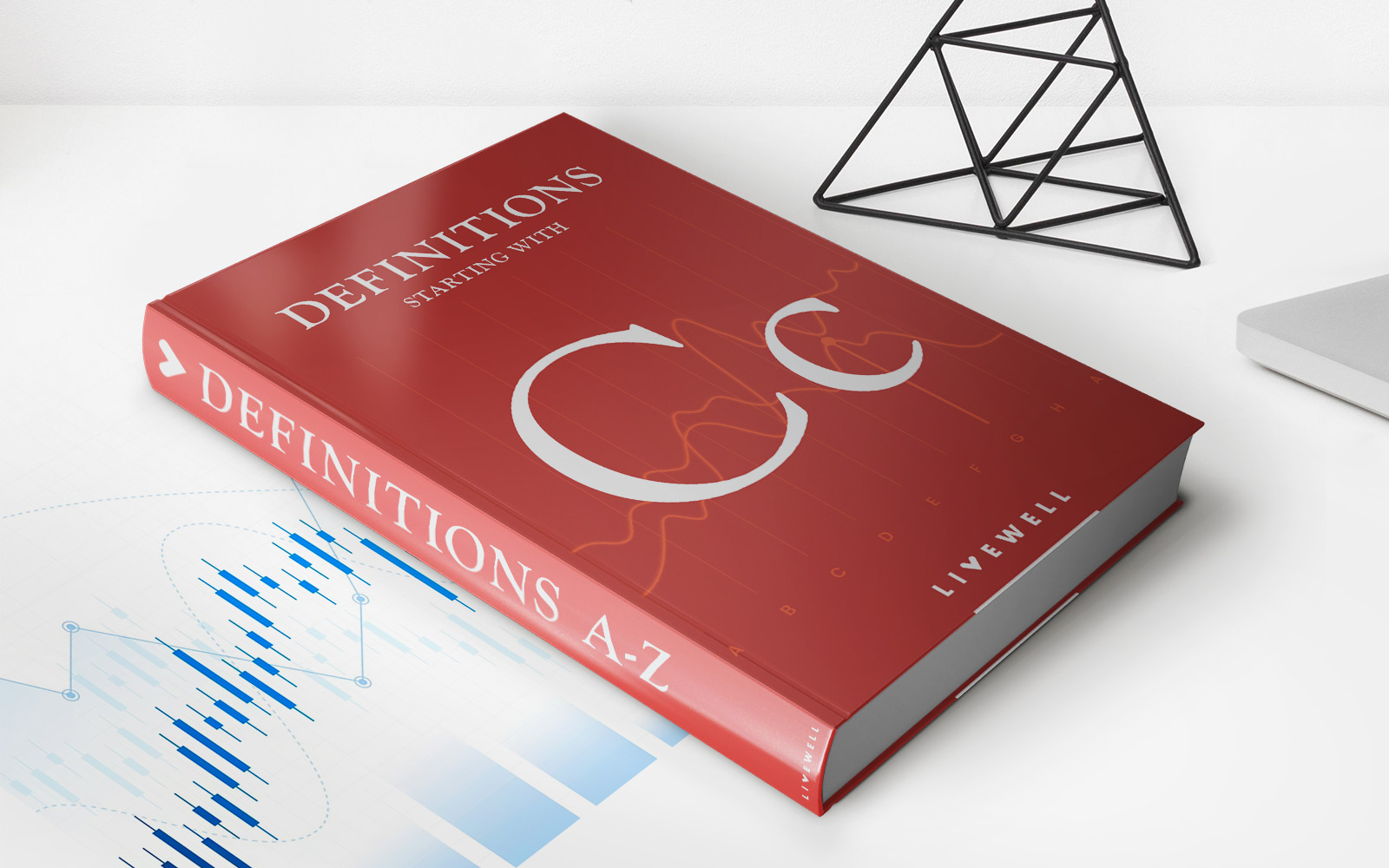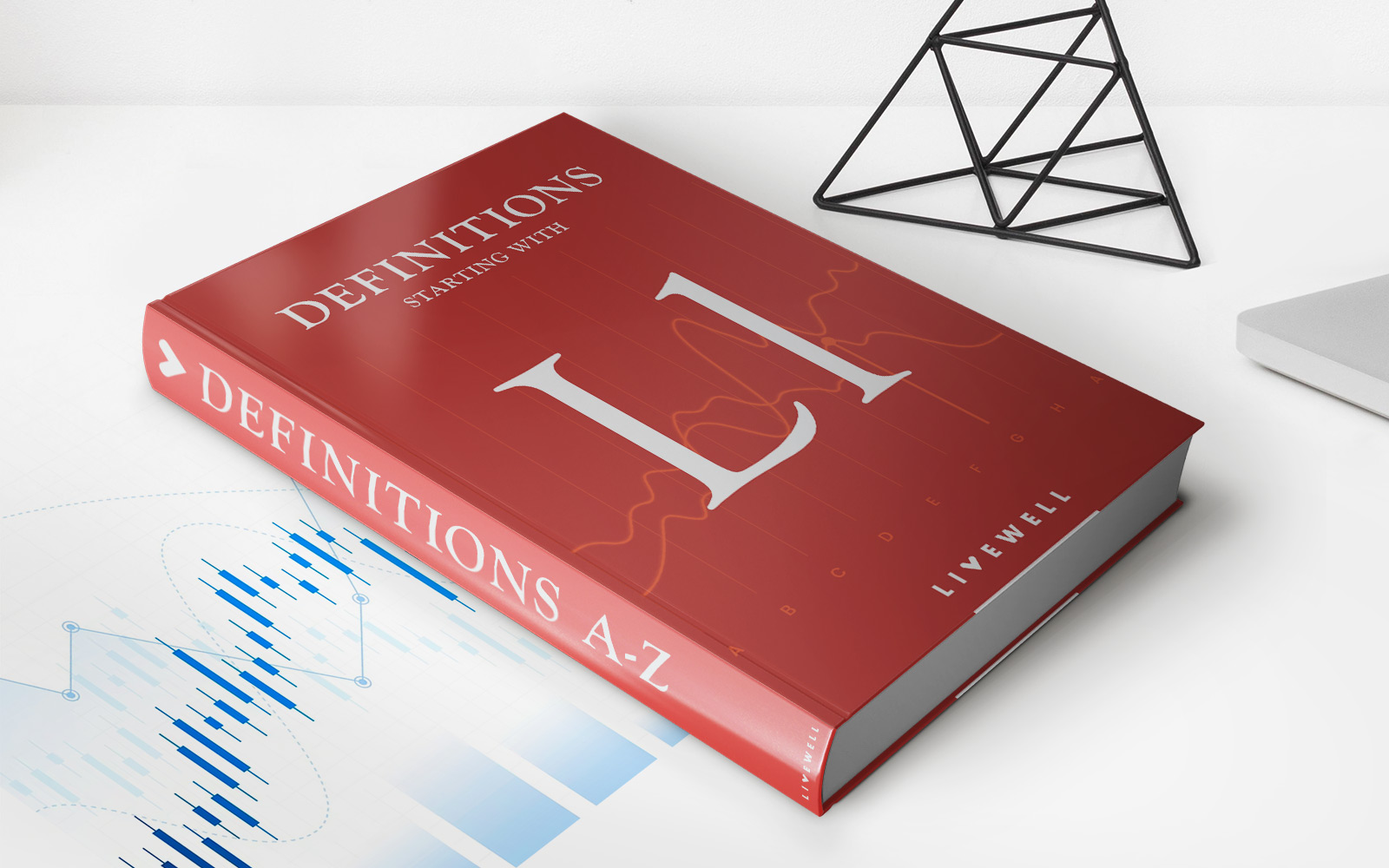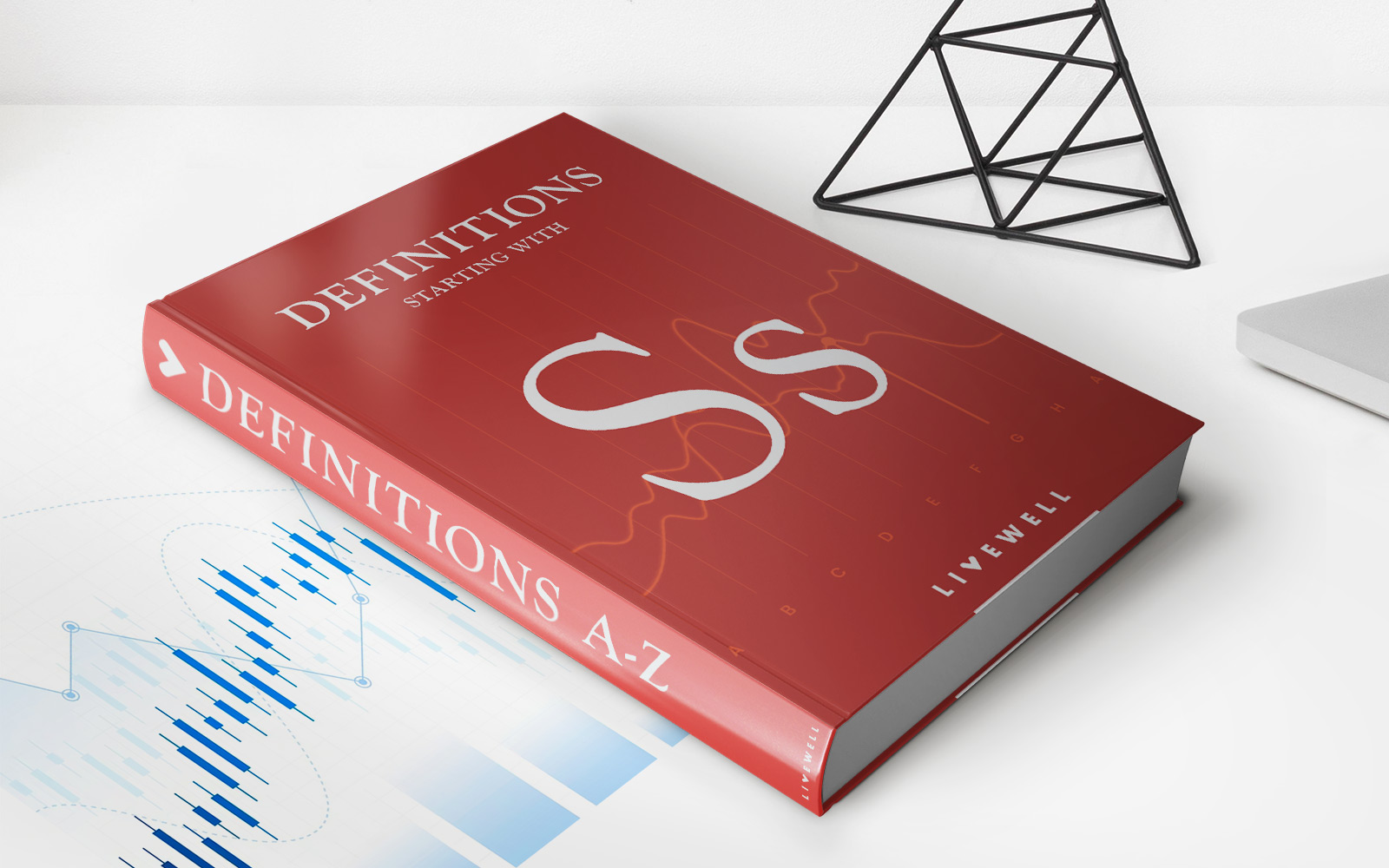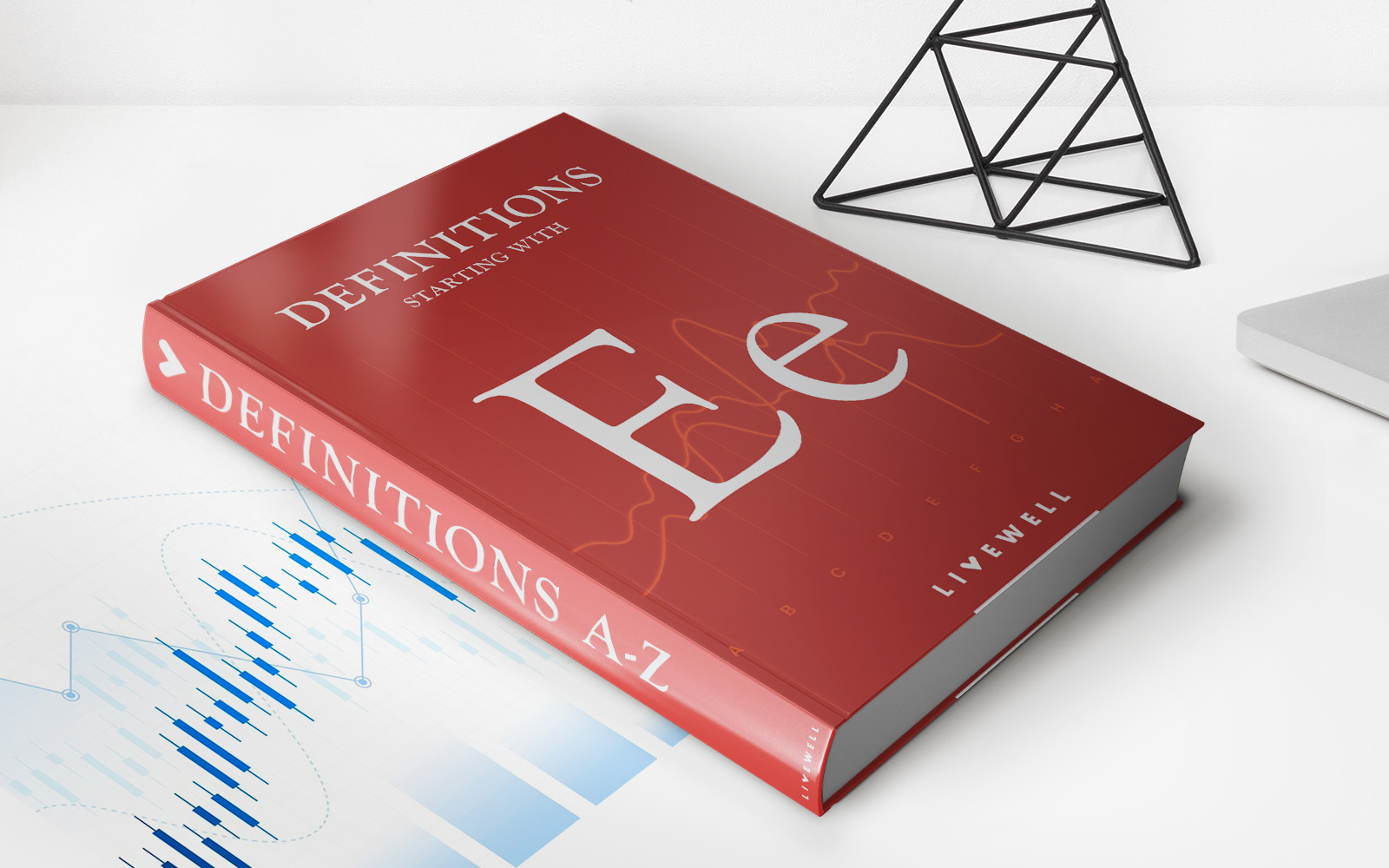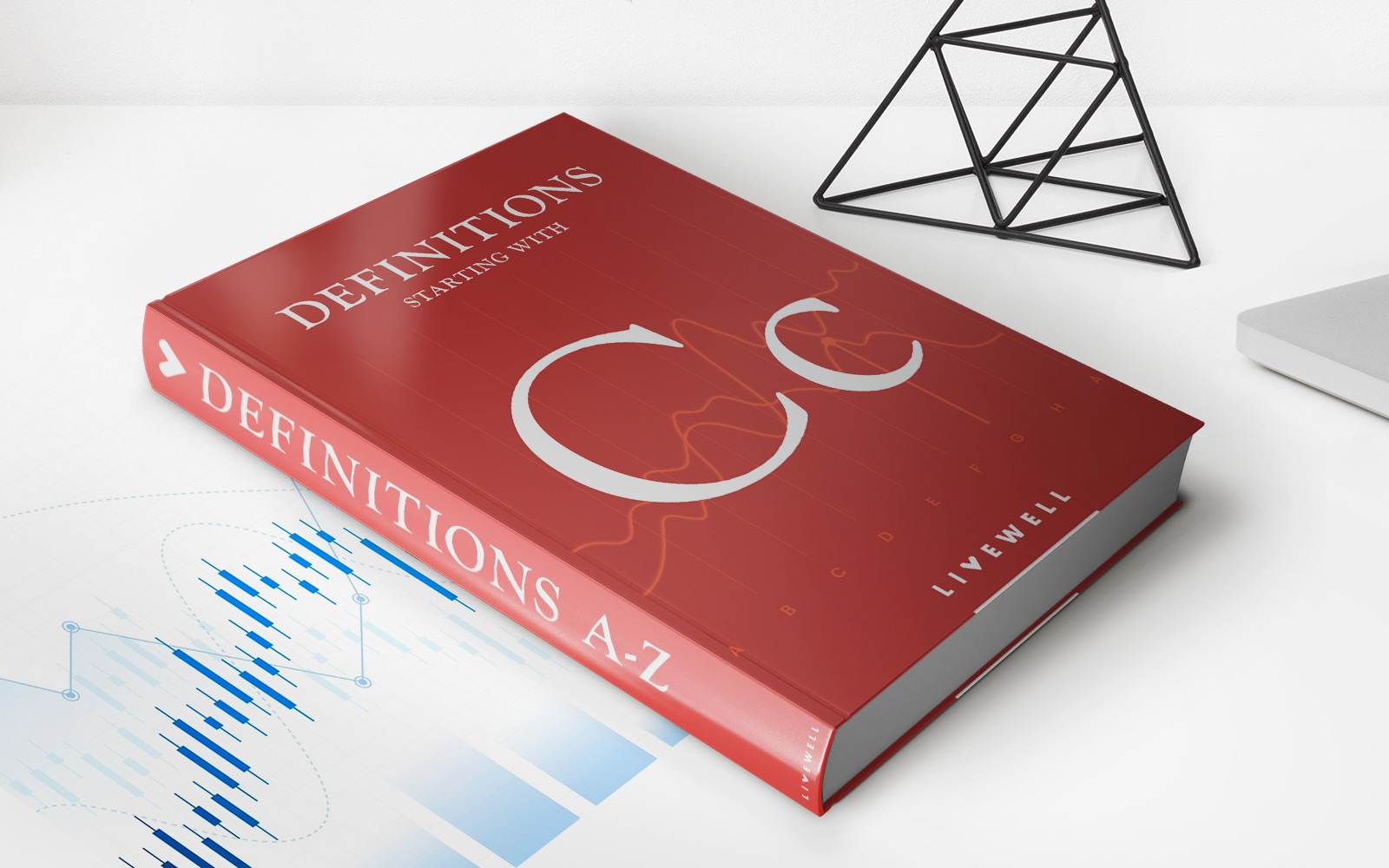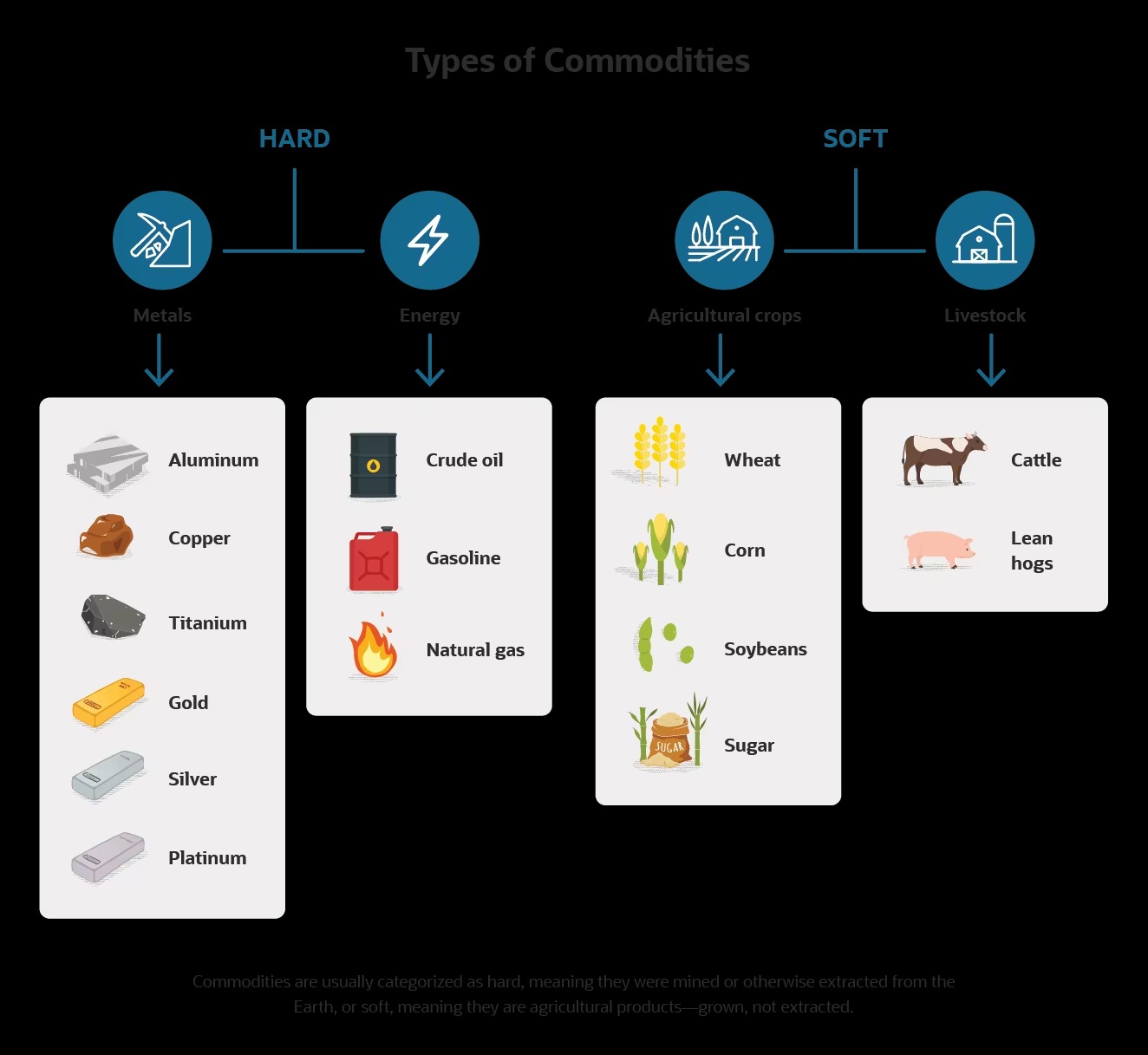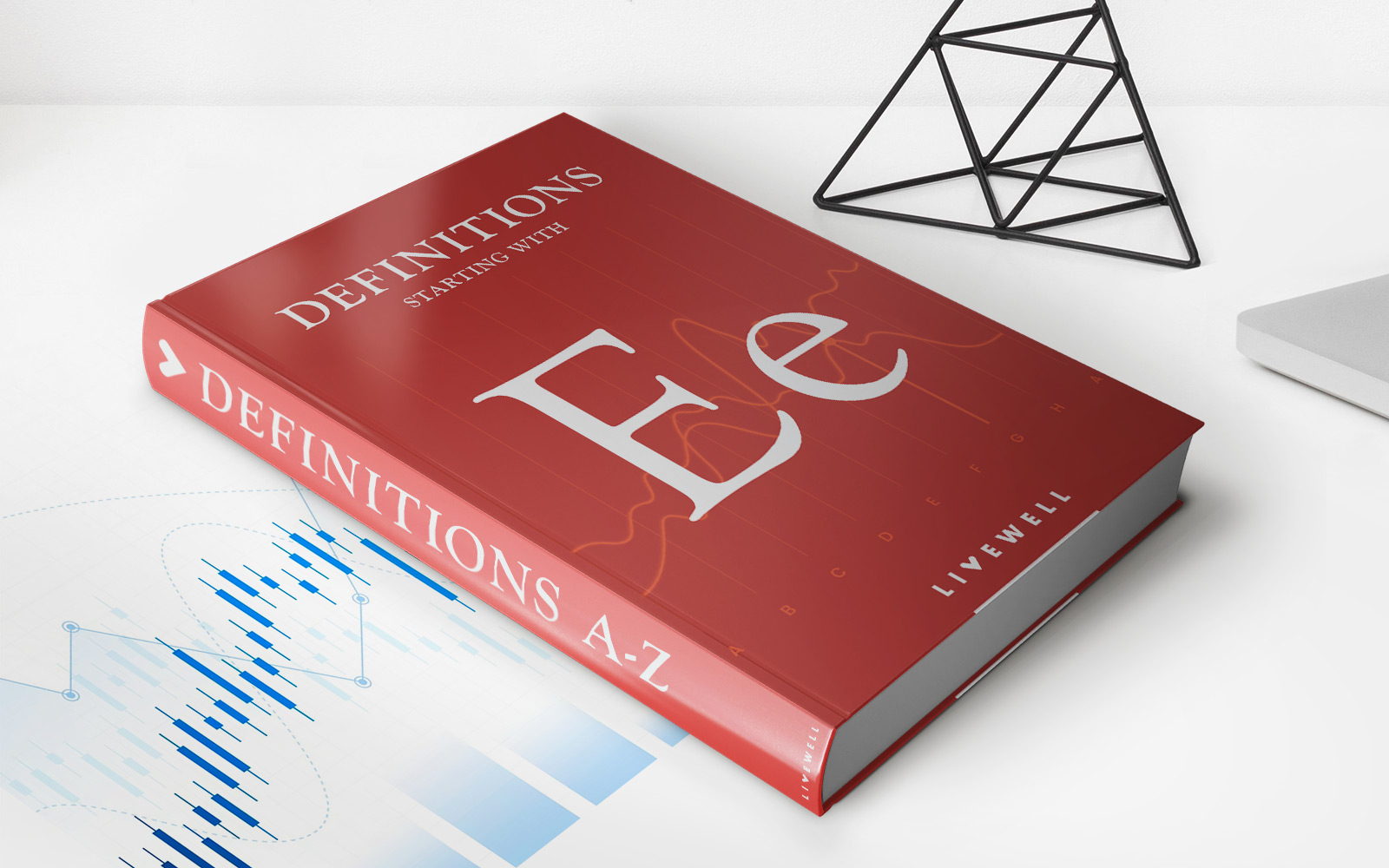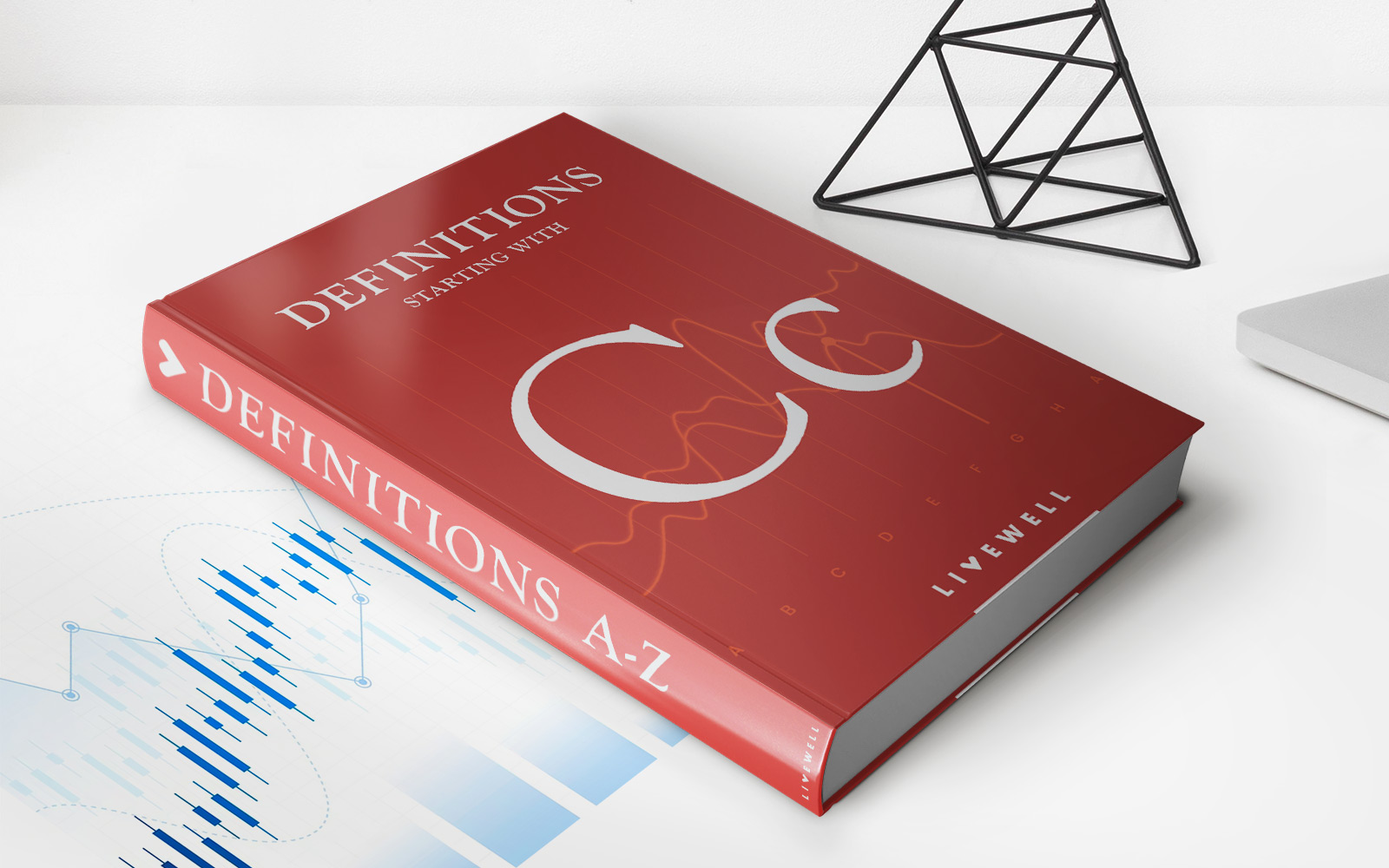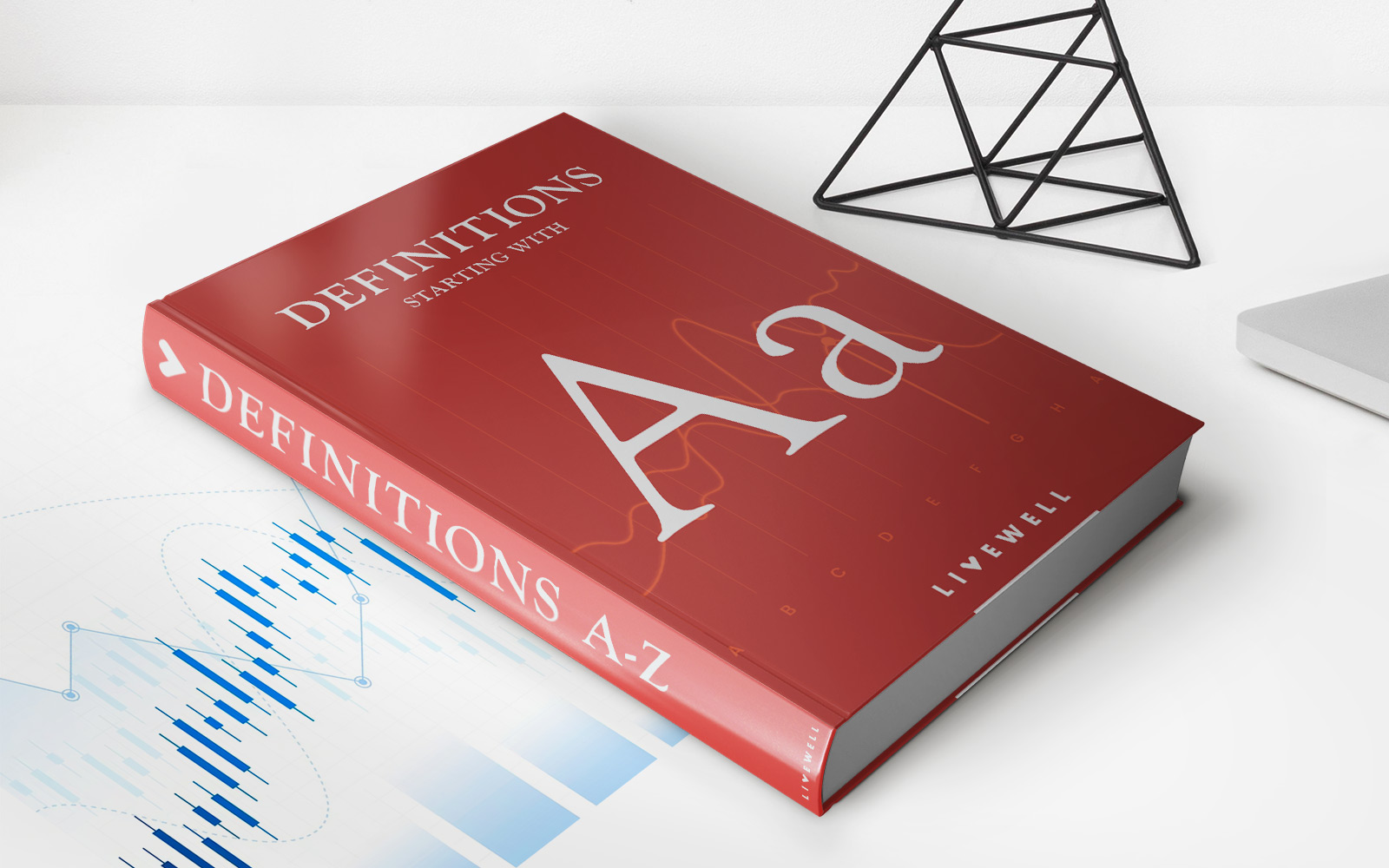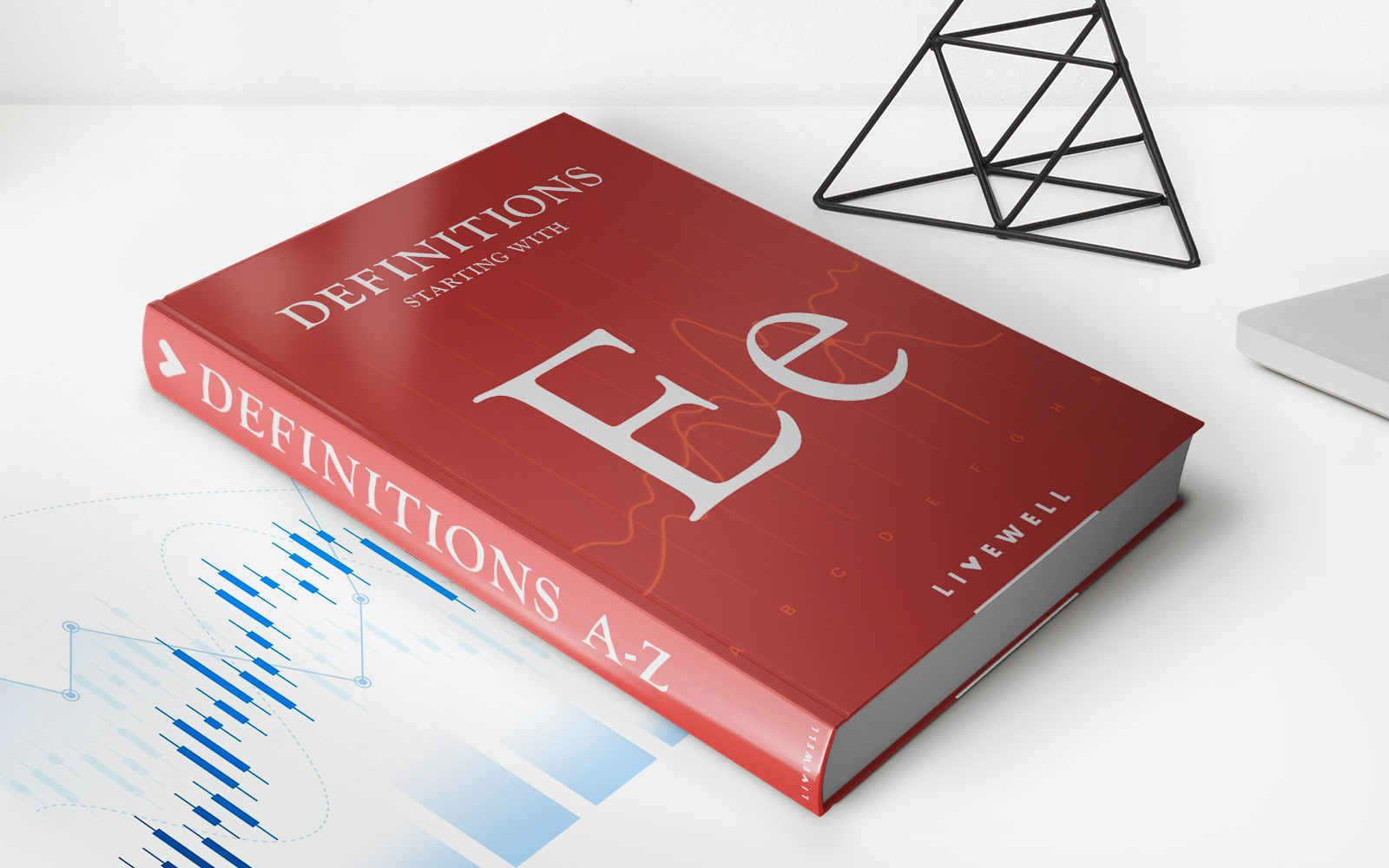

Finance
Excluded Commodity Definition
Published: November 20, 2023
Discover the meaning of excluded commodity in finance. Gain insights on how it affects investment portfolios and risk management strategies.
(Many of the links in this article redirect to a specific reviewed product. Your purchase of these products through affiliate links helps to generate commission for LiveWell, at no extra cost. Learn more)
Understanding Excluded Commodity Definition: A Comprehensive Guide
Welcome to the Finance category of our blog! Today, we will dive into the intriguing world of finance regulations and discuss the concept of excluded commodity definition. If you’ve ever wondered what an excluded commodity is and how it relates to the financial market, you’re in the right place.
Key Takeaways:
- An excluded commodity refers to a financial product or instrument that is exempted from certain regulations under the Commodity Exchange Act (CEA).
- Excluded commodities include various financial instruments such as interest rates, currencies, stock indexes, and certain types of financial derivatives.
Now, let’s break down the concept of the excluded commodity definition.
What Is an Excluded Commodity?
An excluded commodity is a financial product or instrument that falls under specific exemptions outlined by the Commodity Futures Trading Commission (CFTC) and the Commodity Exchange Act (CEA). These exemptions allow for different regulatory treatment compared to other commodities.
The CEA is a federal law that governs the trading of commodities and their derivatives in the United States. While the CEA primarily focuses on commodities, it also classifies certain financial instruments as excluded commodities.
Understanding Excluded Commodity Regulations
The CFTC has identified several categories of excluded commodities that benefit from specific regulatory exemptions. Here are some common examples:
- Interest Rates: Interest rate-based products, such as Treasury bills, bonds, or notes, fall under the excluded commodity definition. These instruments allow investors to speculate on and manage interest rate fluctuations.
- Currencies: Foreign exchange (Forex) currencies, including major and minor pairs, are considered excluded commodities. Traders can buy or sell these currencies based on their expectations of currency exchange rate movements.
- Stock Indexes: Stock indexes, such as the S&P 500 or NASDAQ, are also classified as excluded commodities. These indexes provide investors with a way to trade and track the performance of a specific group of stocks.
- Financial Derivatives: Certain types of financial derivatives, including options and swaps, fall under the excluded commodity definition. These derivatives enable investors to manage risk and speculate on price movements of underlying assets.
Why Do Excluded Commodities Have Different Regulations?
The reason behind the distinct regulatory treatment of excluded commodities lies in their unique characteristics and the perceived level of risk associated with them. The CFTC believes that these types of instruments do not pose the same risks as other traditional commodities like agricultural products or energy.
By granting exemptions to certain financial instruments, the CFTC aims to foster innovation, provide flexibility to market participants, and ensure efficient functioning of the financial markets.
Conclusion
Understanding excluded commodity definition is crucial for anyone involved or interested in the financial market. These exemptions allow a wide range of financial instruments, including interest rates, currencies, stock indexes, and certain types of financial derivatives, to operate under specific regulations.
By having a clear understanding of excluded commodities, investors can make informed decisions and navigate the financial landscape more effectively.
We hope this comprehensive guide has shed light on the concept of excluded commodity definition. Stay tuned for more informative articles in our Finance category. If you have any questions or suggestions, please feel free to reach out to us!
